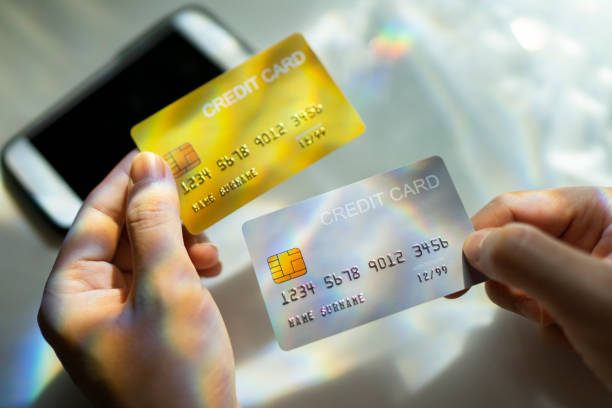
Debit card and credit card are two common types of payment cards used to make purchases, pay bills, and withdraw cash from ATMs. Although they may look similar and are often used interchangeably, there are significant differences between the two. In this blog post, we’ll explain the differences between debit and credit cards, and help you understand which one is right for you.
Debit Cards Pros and Cons
This is a payment card that is linked to your checking account. When you use a debit card to make a purchase, the funds are immediately deducted from your checking account. Debit cards are a convenient way to access your funds, and they are widely accepted by merchants around the world and debit cards charges are less or almost none.
Advantages of Debit Cards
1. Convenience of use
These are convenient to use. They can be used to make purchases at a store, online, or over the phone and debit card charges are low or none.
2. No Debt Creation
Since the funds are deducted from your checking account, there is no risk of going into debt when you use a debit card.
3. ATM Access
You can use your debit card to withdraw cash from an ATM, which is helpful when you need cash on hand.
4. No Interest Applied
Unlike credit cards, you won’t pay interest on your purchases when you use a debit card.
Disadvantages of Debit Cards
1. No Credit History
Using a this card does not help you build credit history, which can be a disadvantage if you are trying to establish credit.
2. Limited Fraud Protection
These cards do not offer the same level of fraud protection as credit cards. If your debit card is lost or stolen, you could be liable for any fraudulent charges.
3. No Reward Program
These cards do not typically offer rewards programs, such as cashback or points for purchases.
Credit Cards Pros and Cons
A credit card is a payment card that allows you to borrow money from a lender to make purchases. When you use a credit card to make a purchase, you are essentially taking out a loan that you will need to repay with interest.
Advantages of Credit Cards
1. Build Credit History
Using a credit card responsibly can help you build credit history, which can be important for securing loans, renting apartments, and more.
2. Reward Program Available
Credit cards often come with rewards programs, such as cashback, points, or miles, that can help you save money on purchases.
3. Fraud Protection Enabled
Credit cards offer more robust fraud protection than debit cards. If your credit card is lost or stolen, you will not be liable for any fraudulent charges.
4. No Immediate Payment
You do not need to pay for your purchases immediately when you use a credit card. You will receive a monthly statement that outlines your purchases and the amount you owe.
Disadvantages of Credit Cards
1. Debt Creation
Credit cards can lead to debt if you are not careful. Interest rates on credit cards can be high, and if you do not pay off your balance in full each month, you will accrue interest charges.
2. Hidden Fees and Charges
Credit cards can come with fees, such as annual fees, balance transfer fees, and late payment fees which can be named as debit card charges.
3. Overspending Can Happen
Credit cards can make it easy to overspend, especially if you have a high credit limit.
4. Impact on Credit Score
If you use your credit card irresponsibly, it can negatively impact your credit score.
Conclusion
Debit and credit cards are both convenient payment options that offer their own set of advantages and disadvantages. Debit cards are a good option if you want to avoid going into debt and have immediate access to your funds. Credit cards are a good option if you want to build credit history, take advantage of rewards programs, and have more robust fraud protection. Ultimately, the choice between debit and credit cards will depend on your personal financial


